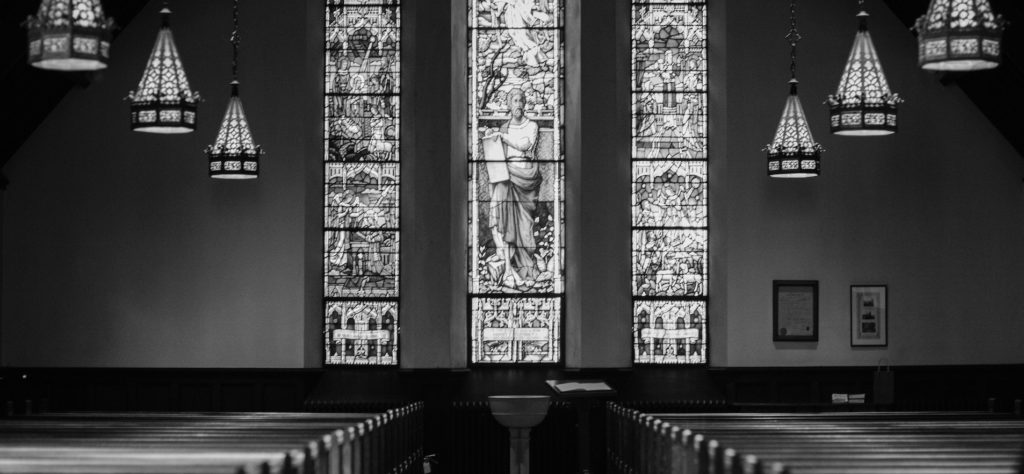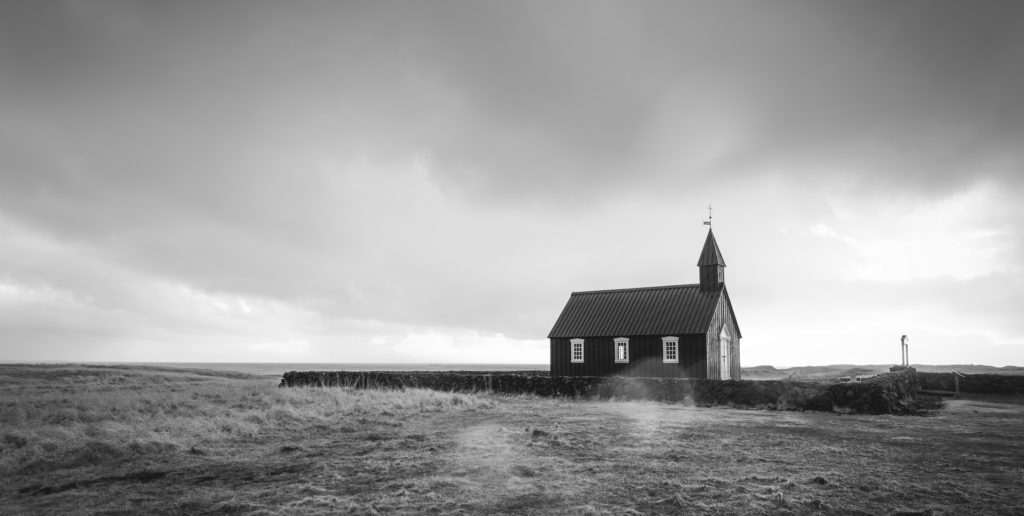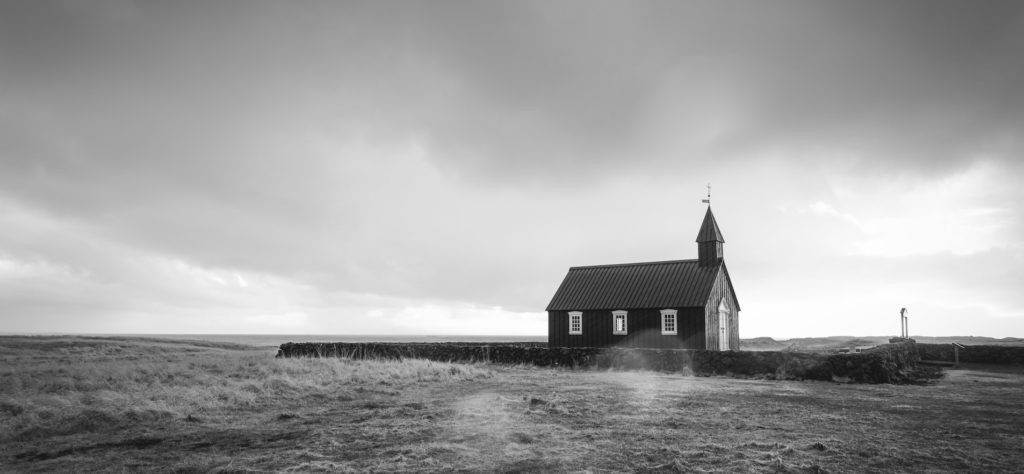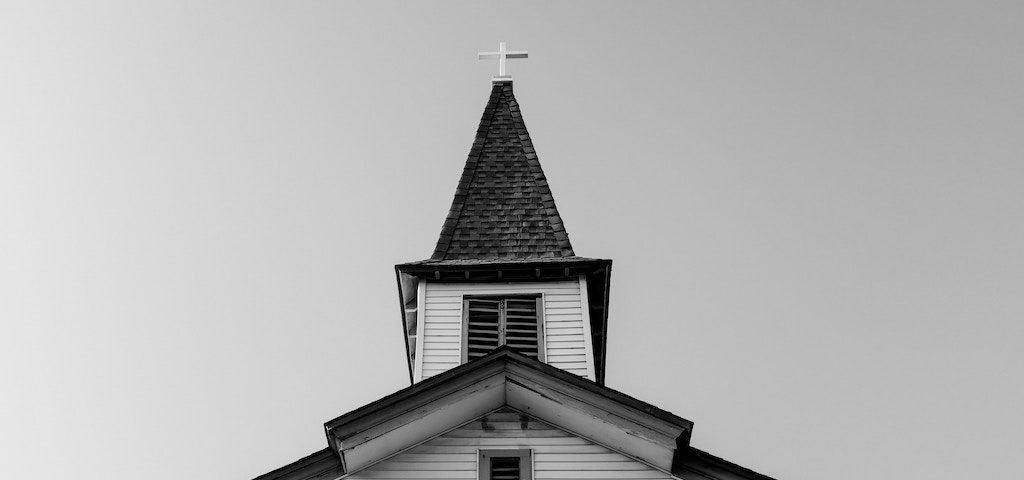Episode 142: Caring for Words in a Culture of Lies with Marilyn McEntyre
In this episode we sit down with writer and teacher Marilyn McEntyre to talk with her about why our speech is so important and how sanctified speech and sanctified lives are connected. Check out her book Caring for Words in a Culture of Lies.

Be sure to subscribe to our YouTube Channel and follow us on Instagram, Facebook and Twitter to stay connected with us throughout the week!
Some of the urgency of this matter is self-explanatory at this point… I don’t know anyone of any theological or political persuasion who doesn’t recognize that our public discourse is in trouble…
There are some bad habits of speech that are pretty widespread… one of them is the tendency to fall into abstractions rather than particulars…
The scandal of the gospel is the scandal of particular… God came into a specific place and time… but in a lot of our public speech, we resort to abstraction…
Abstractions enable us to avoid responsibility… they allow us not to look at THIS person who has been begging on THIS particular street corner and has been unhoused for THIS MANY particular months… to go “deep” is to go particular…
One of the ancient meanings of the word conversation is “to walk with”… when you have a conversation with someone, you walk with them and come in parallel with them… but in our world, this can be hard to come by…
We need to quit trying to win… a lot of conversations in public speech turn into arguments very quickly because we’re trying to win… it sets up a kind of defensiveness that truncates exploratory conversation…
There’s a layer of accountability in our speech that is only available to us if our bodies are in the same room, in the vulnerability that face-to-face interaction makes possible…
One of the things that I would say to preachers is that if you’ve gone to seminary and have studied the ancient languages, hand ‘em over! Some of my favorite sermons have been when a preacher took time to explain the nuance of a word…
Sometimes I think that pastors are so desirous to be “pastoral” that they dumb down the content of their messages… you can simplify without dumbing down…
When I was a young adult I began worshiping in a church that featured written prayers… I loved stepping into words that had been carefully crafted and prayed for generations… written prayers help us step into the communion of saints to join them…





